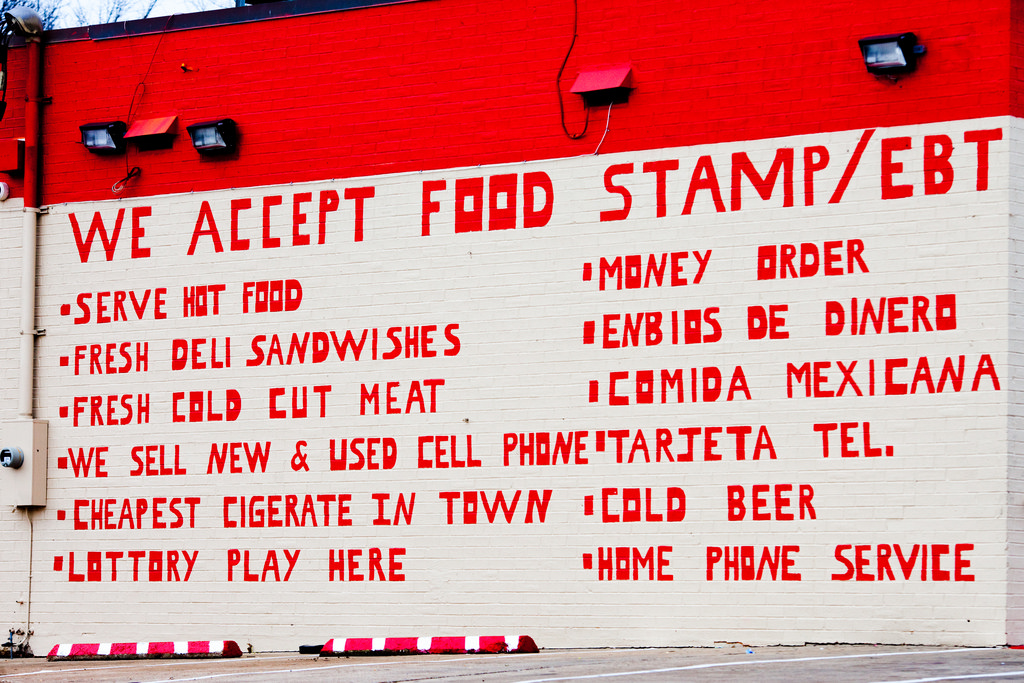USCIS will be publishing a final rule on August 14, 2019, in the Federal Register, that expands the list of public benefits that make a foreign national ineligible to obtain permanent residence and/or an immigrant or nonimmigrant visa.
The Immigration and Nationality Act makes inadmissible and therefore (1) ineligible for a visa, (2) ineligible for admission and (3) ineligible for adjustment of status, any alien who, in the opinion of the DHS is likely at any time to become a public charge.
The process of determining whether an alien is likely to become a public charge is called a “public charge determination.”
Receipt of certain public benefits leads to a “public charge determination” meaning that the applicant is ineligible to receive the benefit they are requesting (such as permanent residence) based on the fact that they are likely to become a public charge to the United States government.
What is a public charge?
A person is a “public charge” if they are primarily dependent on the Government for subsistence, as demonstrated by either the receipt of public cash assistance for income maintenance or institutionalization for long-term care at Government expense.
The final rule expands the scope of this definition by making a public charge any alien who receives one or more designated public benefits for more than 12 months in the aggregate within any 36-month period.
Under the final rule announced today, immigration will now be taking into consideration the following benefits to determine whether an individual is or is likely to become a public charge to the U.S. government:
Reliance on or receipt of non-cash benefits such as:
- Cash benefits for income maintenance
- SNAP (food stamps)
- Section 8 Housing Assistance under the Housing Choice Voucher (HCV) Program
- Section 8 Project-Based Rental Assistance, and
- certain other forms of subsidized housing.
In addition, the government will continue to take into consideration the following types of benefits:
- Temporary Assistance for Needy Families (TANF)
- Supplemental Security Income (SSI)
- Medicaid
 Visa Lawyer Blog
Visa Lawyer Blog











